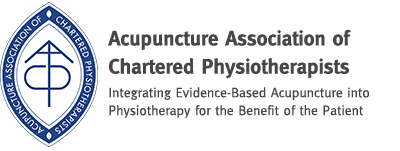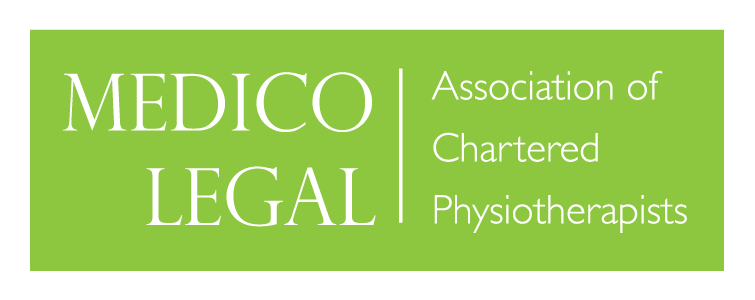By Glykeria Skamagki Senior Chartered Physiotherapist, MSc, BSc (Hons) MCSP
Trigger points are discrete, focal, hyperirritable spots located in a band of skeletal muscle.
The spots are painful on compression and can produce referred pain, referred tenderness, motor dysfunction, and autonomic phenomena. They can be the result of an injury, maybe from an unhealthy repetitive use of muscles such as improper sleeping positions or carrying bags on the same shoulder every day. Many researchers agree that acute trauma or repetitive micro trauma may lead to the development of a trigger point. Lack of exercise, prolonged poor posture, vitamin deficiencies, sleep disturbances, and joint problems may all predispose to the development of micro-trauma.
When a trigger point is located even at first touch your physiotherapist will feel a bundle of muscle fibers that are harder than normal consistency. You may have a ‘jump’ in reaction in that spot, a radiation of pain towards that trigger point or a local twitch response.
There are two trigger point categories:
Active: Causes pain at rest. Pain is often described as shooting or radiating.
Latent: Pain is present when palpated. May restrict movement or cause muscle weakness.
Palpation of a hypersensitive bundle or nodule of muscle fiber of harder than normal consistency is the physical finding most often associated with a trigger point. Localization of a trigger point is based on the physician’s sense of feel, assisted by patient expressions of pain and by visual and palpable observations of local twitch response.
Predisposing and perpetuating factors in chronic overuse or stress injury on muscles must be eliminated, if possible. Pharmacologic treatment of patients with chronic musculoskeletal pain includes analgesics and medications to induce sleep and relax muscles.
Non-pharmacologic treatment modalities include acupuncture, osteopathic manual medicine techniques, massage, acupressure, ultrasonography, application of heat or ice, transcutaneous electrical nerve stimulation and Stretch technique, dry needling, and trigger-point injections with local anesthetic, saline, or steroid.
Here in Central Health our experienced physiotherapists will treat trigger points in the best possible way according to the need of each patient, and eliminate the direct and referred pain they bring about.
For more information about how Physiotherapy can help treat and manage painful conditions, please visit the Central Physio website here






